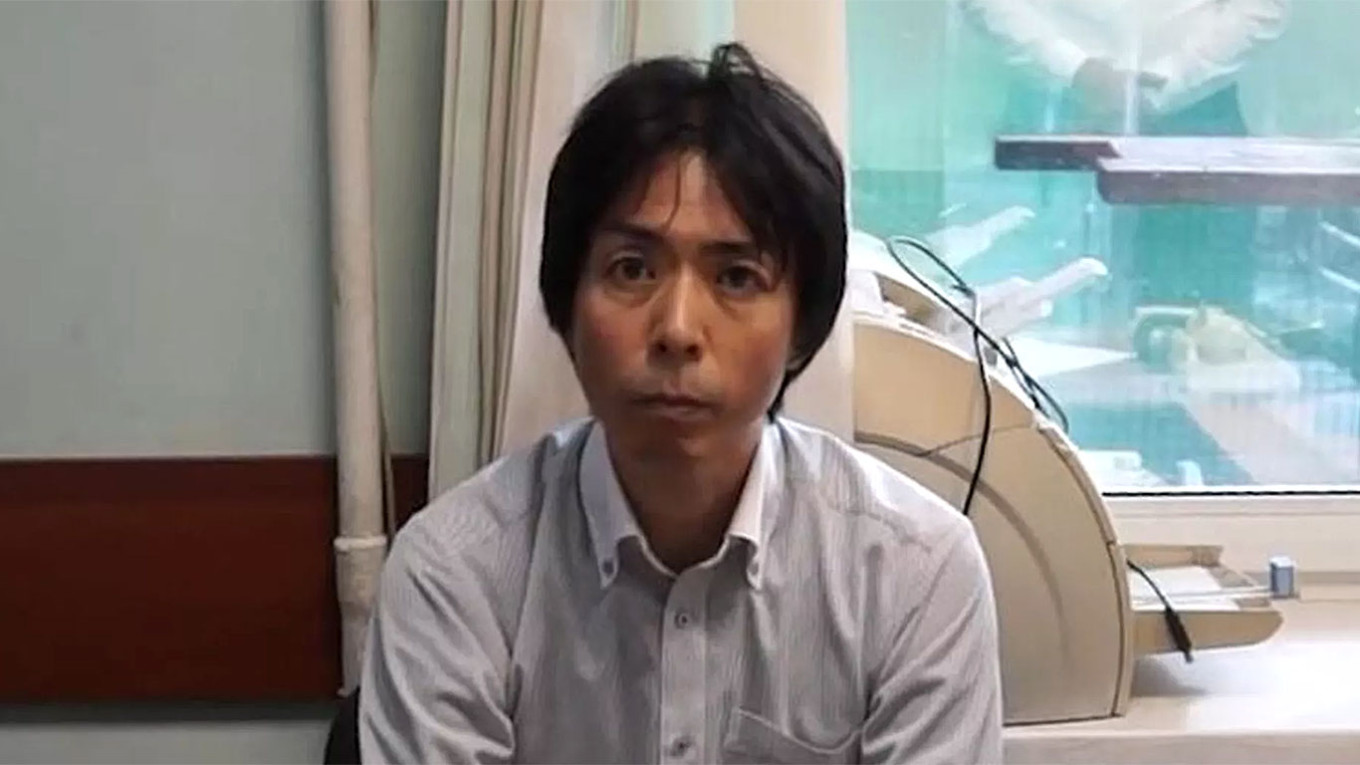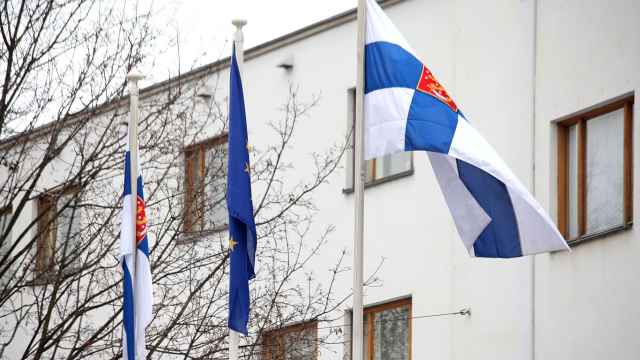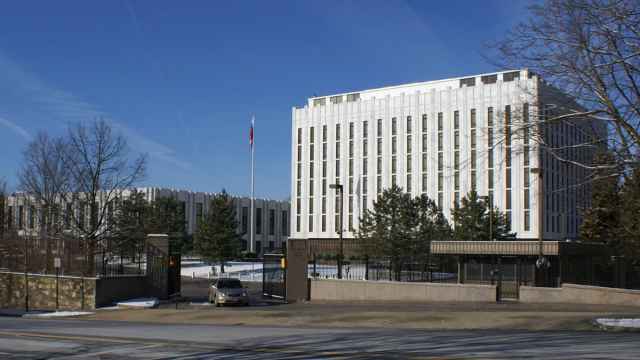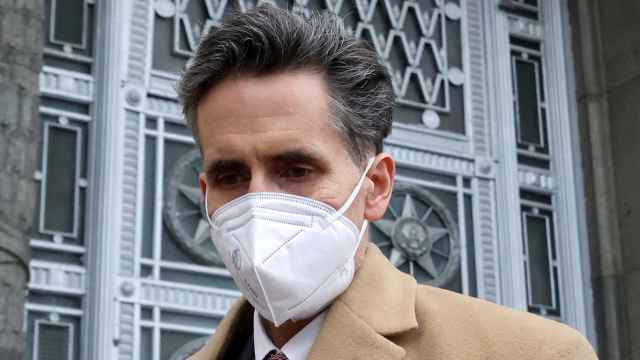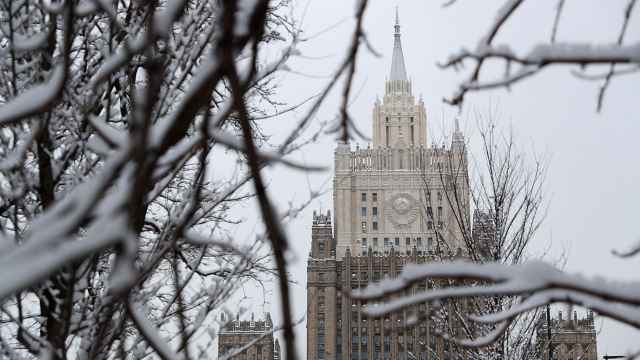Japan on Tuesday demanded Russia apologize for detaining a diplomat over alleged espionage, denying the charge and accusing Moscow of blindfolding and pinning the man down in "unbelievable acts."
The Japanese diplomat based in the eastern city of Vladivostok was deemed "persona non grata over illegal intelligence activities," top government spokesman Hirokazu Matsuno told reporters, citing the Russian Foreign Ministry.
"The official was blindfolded, with pressure applied to both his hands and head so he was unable to move while being detained, and then he was questioned in an overbearing way," Matsuno said.
Japan "strongly protests these unbelievable acts," he said, denying the espionage allegations.
The diplomat has been released and will leave Russia by Wednesday, he added.
Japan summoned the Russian ambassador and "demanded a formal apology" for the treatment of the diplomat, which Matsuno said violated the Vienna Convention on Consular Relations.
Russia's FSB security service had earlier said a Japanese diplomat was detained "red-handed while receiving classified information, in exchange for money, about Russia's cooperation with another country in the Asia-Pacific region."
The diplomat had also been soliciting information about "the impact of Western sanctions" on the eastern Primorsky region, the FSB said, according to news agencies.
The security service distributed a short video it said showed the diplomat acknowledging that he had violated Russian laws, and reportedly said Moscow had lodged a protest with Tokyo through diplomatic channels.
Russia considers Japan to be a "hostile" country — a designation it shares with all European Union countries, the United States and its allies, including Britain and Australia.
Tokyo had complex relations with Moscow before the invasion of Ukraine in February, and the two sides have yet to sign a post-World War II peace treaty.
Attempts to do so have been hampered by a long-running dispute over islands controlled by Russia, which calls them the Kurils.
A Message from The Moscow Times:
Dear readers,
We are facing unprecedented challenges. Russia's Prosecutor General's Office has designated The Moscow Times as an "undesirable" organization, criminalizing our work and putting our staff at risk of prosecution. This follows our earlier unjust labeling as a "foreign agent."
These actions are direct attempts to silence independent journalism in Russia. The authorities claim our work "discredits the decisions of the Russian leadership." We see things differently: we strive to provide accurate, unbiased reporting on Russia.
We, the journalists of The Moscow Times, refuse to be silenced. But to continue our work, we need your help.
Your support, no matter how small, makes a world of difference. If you can, please support us monthly starting from just $2. It's quick to set up, and every contribution makes a significant impact.
By supporting The Moscow Times, you're defending open, independent journalism in the face of repression. Thank you for standing with us.
Remind me later.


